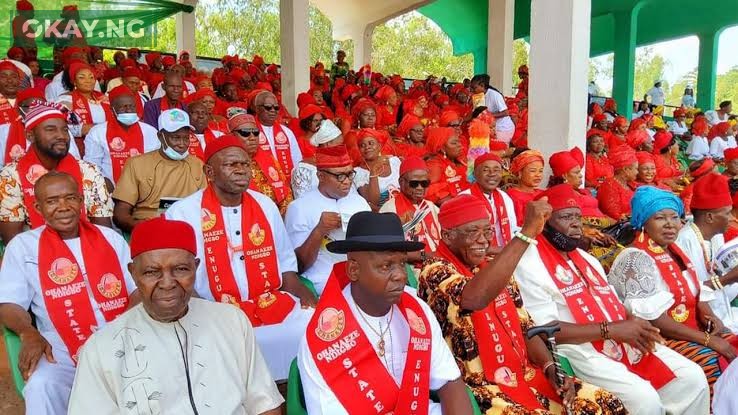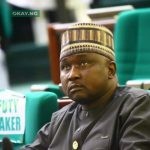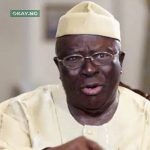The Ohanaeze Ndigbo, the apex socio-cultural group representing the Igbo people, has praised former military president, General Ibrahim Babangida (rtd), for his recent comments dispelling claims that the January 1966 coup was an ethnically driven plot by Igbo officers.
Following Babangida’s clarification, the organization has urged President Bola Tinubu to issue an official apology on behalf of past military administrations, particularly that of General Yakubu Gowon, for the suffering inflicted on the Igbo population during the Nigeria-Biafra Civil War.
Ohanaeze maintains that the war resulted in severe devastation, widespread hardship, and the loss of countless lives within Igbo communities.
Okechukwu Isiguzoro, Secretary-General of Ohanaeze Ndigbo, reiterated the group’s call for historical redress, urging the federal government to formally acknowledge the injustices suffered by the Igbo people.
He emphasized that the economic and social consequences of the conflict persist decades later and proposed a ₦10 trillion reparation package.
According to Isiguzoro, such compensation would be a significant step toward addressing the long-standing economic and infrastructural setbacks that continue to affect the region.
“We demand a public and unreserved apology from the president on behalf of past military regimes, particularly that of General Yakubu Gowon, who orchestrated unprovoked bombardments and shelling over Igbo territory during the Nigeria-Biafra War that resulted in immense human suffering and loss.”
“During his recent book launch, titled, ‘A Journey in Service,’ General Babangida’s clarity regarding the 1966 coup, notably his exemption of the Igbo people from the unjust label of being ‘enemies of the North’, is, indeed, commendable – albeit belated.”
“The ramifications of the erroneous classification of the 1966 January coup as an Igbo insurrection have been profoundly detrimental, leading to catastrophic consequences, not only during that tumultuous period but extending into the present day.”
“Specifically, this mischaracterisation incited the July 1966 counter coup against the then military Head of State of Igbo descent and precipitated violent uprisings targeting Igbo citizens residing in northern Nigeria, sowing seeds of discord that ultimately contributed to the tragic Biafra War, in which three million Igbos, predominantly women and children, lost their lives.







